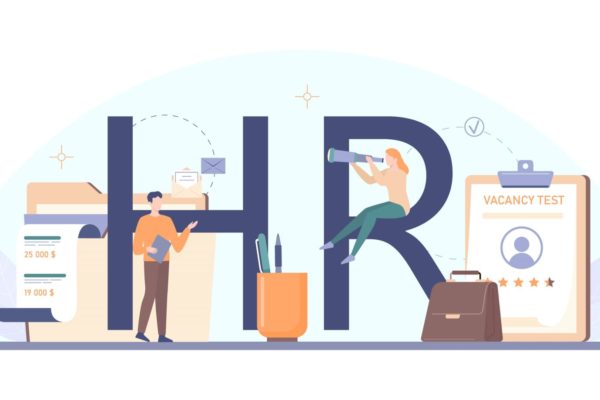Most countries around the world are still in lockdown to combat the invisible enemy, coronavirus COVID-19, even though considerations have now started for the gradual re-opening of the markets within the next few weeks. Airports still barely operate, just for necessary flights and to carry medical equipment. Most of retail shops and markets started facing the downhill in sales and profits. Flights, meetings, holidays, weddings and all events have been canceled during this period until further notice. It feels like life is in pause.
Most businesses are trying to find ways to hang on and keep the business going even with limited operations. The lucky employees who have not lost their jobs, are working from home, which for some is a whole new experience.
Nobody really knows what the next days will bring but what’s for sure is that things post COVID-19 will not be the same again. Purchasing behaviours, how people do business and the workplace will vastly change.
What we have experienced so far:
The acceleration of technology
A virtual world
Business people used to travel around the world to meet clients, attend interviews, meetings and conferences. Within weeks after the outbreak of COVID-19 all these suddenly turned to virtual events.
Remote working
Employees used to travel for hours to get to work every day by taking the metros, changing buses or being stuck in traffic jam. The option to work from home for many organisations was never on the table before. Though now it has become the only option available. Companies rushed to provide their people with laptops and install new software and security systems to support virtual connectivity. Employees were forced to adjust to a new professional life.
E-commerce expansion
Local retail stores and supermarkets hurried to offer online shopping and delivery using any means available; from simple emails and instant messaging to e-shops and mobile apps.
Employees well-being and safety
Employees well-being and safety gained as much attention as never before. Cleaning and disinfection of work spaces and operating stores take place every week while antiseptic gels decorate all common areas.
There is no doubt that our habits and demands will never be the same again after all this is over. It is the time for businesses to consider how they will come out of this crisis as smoothly as possible in addition to how they can avoid any similar unexpected events.
How the future looks like:
Re-assessment of Operational Costs
Business Travelling
The costs associated with business traveling will be re-assessed. Part of the money and time spent for attending meetings and events can be avoided and replaced with video teleconferences. More and more virtual events will be taking place globally providing the comfort and ease of online participation.
Limiting business travelling can also have a great impact on the environment as companies will reduce their carbon emissions. For those organisations that value such practices, they can pride about such measures as part of their CSR (Corporate Social Responsibility) marketing.
Employee Travel
Employees will expect to continue having the flexibility to work from home and avoid spending so much time every day to travel to work. Companies should re-consider the benefits this will have for the organisation too. The costs associated with office operations can be significantly reduced by providing the flexibility of remote working i.e. rental of smaller offices spaces, less expenditure on building operation and maintenance costs.
Review of Business Processes
It is undoubtedly important for all businesses to develop crisis management plans for unprecedented events like coronavirus COVID-19. Building an agile supply chain would also contribute to the speed and efficiency of business adaptation to new or unexpected situations. This is crucial to ensure business continuity, employees safety, client trust as well as profit continuation. At the same time, risk and security assessment processes should be established for the prevention of unpleasant surprises and the protection of company’s data especially when operating in online environments.
The rise of the Cautious Consumer
It will take time for people to let the fear of the coronavirus go away and get back to their normal habits of visiting places and attending events that used to gather dozens or hundreds of people. This fear will inevitably contribute to the rise of new habits and consumer demands.
Online shopping
For their shopping habits, people will rely more than ever on online shopping and delivery, especially given the multiple benefits associated with that i.e. ease, comfort, money and time saving. Businesses that want to survive should have already been looking for providing such services, no matter if they represent a small local store or big well-known brands.
Flexibility
With all the holidays, events and festivities around the world that had to be cancelled due to this crisis, with the amount of money that some people lost or the fact that some were trapped away from their homes, everyone will now pay greater attention to cancellation options available for any future bookings they will attend to make. Offering such options and making people to feel secure during these uncertain times, will give an advantage to those who don’t. This is significantly important for any business in the tourism sector that want to achieve at least some minimum sales during the upcoming summer holiday season.
To sum up, the impact of COVID-19 on the economy and every business sector will be significant. Though it is good to have in mind that in crisis moments, great ideas and initiatives can be generated that can help a business grow even further. The key is in the speed of adaptation and the ability to keep the firm’s service offerings relevant to the new circumstances and demands!




